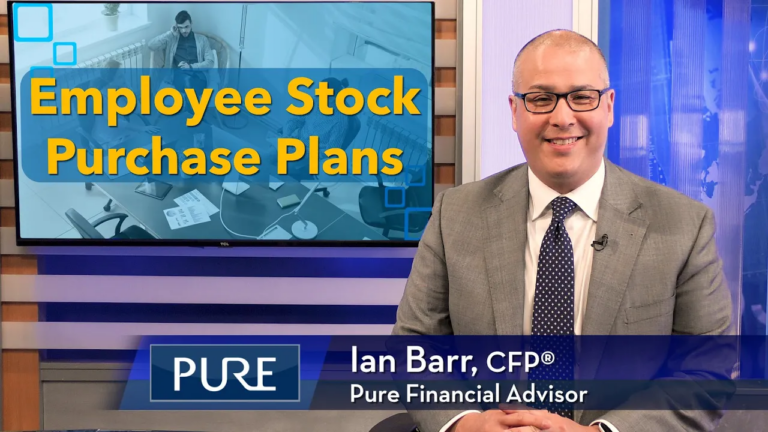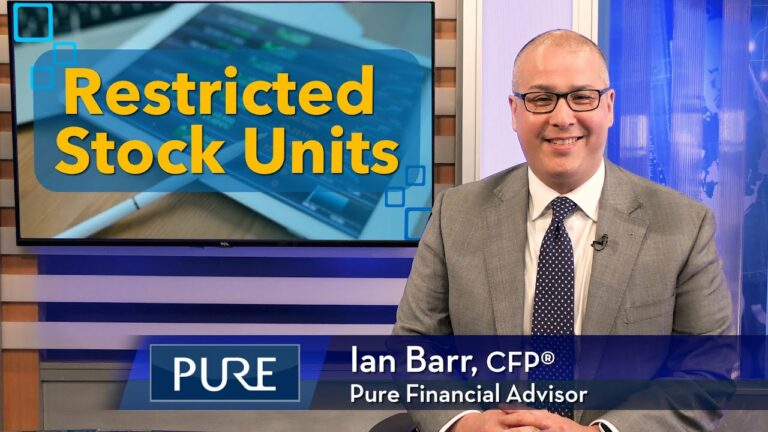Jack Dugan, CFP® discusses what probate is in this Question of the Week. While it is a necessary and orderly process of transferring assets from a deceased person to his or her beneficiaries, it has several drawbacks. However, those who plan properly can avoid some of these drawbacks.
Transcription:
Hi, I’m Jack Dugan, CERTIFIED FINANCIAL PLANNER™ and Senior Investment Advisor for Pure Financial Advisors, located in San Diego, CA, and welcome to the Question of the Week. The question this week is: what exactly is probate? Think of probate as an orderly process of transferring assets from one person (who happens to be deceased) to their beneficiaries. The reason I say orderly is because it hasn’t already been established how that asset should be transferred. We have a will perhaps, and the court has to review that will and make sure that the people who are intended to get property will get what’s coming to them.
One of the drawbacks with probate is that all of a sudden it becomes extremely public. Now all of this information is put out into the public. The second problem with probate is it can be extremely lengthy, because in order to go through that whole process, what do you have to have happen? You have to have everybody make their claim and that could take anywhere from six months to two years, so that’s a problem. The third and final problem, and probably the most important that you’d like to avoid is the cost of it. It’s not the cost of probate; it doesn’t go to the state and it doesn’t go to the judge, because we need to go through this process what do we need to have? We need to have attorneys. The attorney is going to charge somewhere between 4% and 6% of the gross value of this estate to make that transfer. Well, that could run $20,000, $30,000, $40,000 depending on the size of the state or maybe even more.
One of the real problems with probate and one of the ways you can avoid probate is number one check your beneficiaries. Make sure on your 401(k)s and IRAs you’ve named beneficiaries. That can avoid the probate process. The most important thing though is on real estate. In order for someone to transfer property in real estate, the owner has to sign off on it. If the owner is dead, that’s going to be difficult to get them to sign. If I had already put that property inside of a trust while I was still alive, now I’ve transferred that property into the title of the trust, and the title of the trust says who my successor/trustee is going to be when I pass away. That successor/trustee is eligible to sign on a transfer of property.
Don’t think probate’s a bad thing since it’s a necessary thing to transfer, but those who plan properly can avoid some of the costs and expenses and time consumption of a probate. I’m Jack Dugan, and I hope you enjoyed the Question of the Week.”












